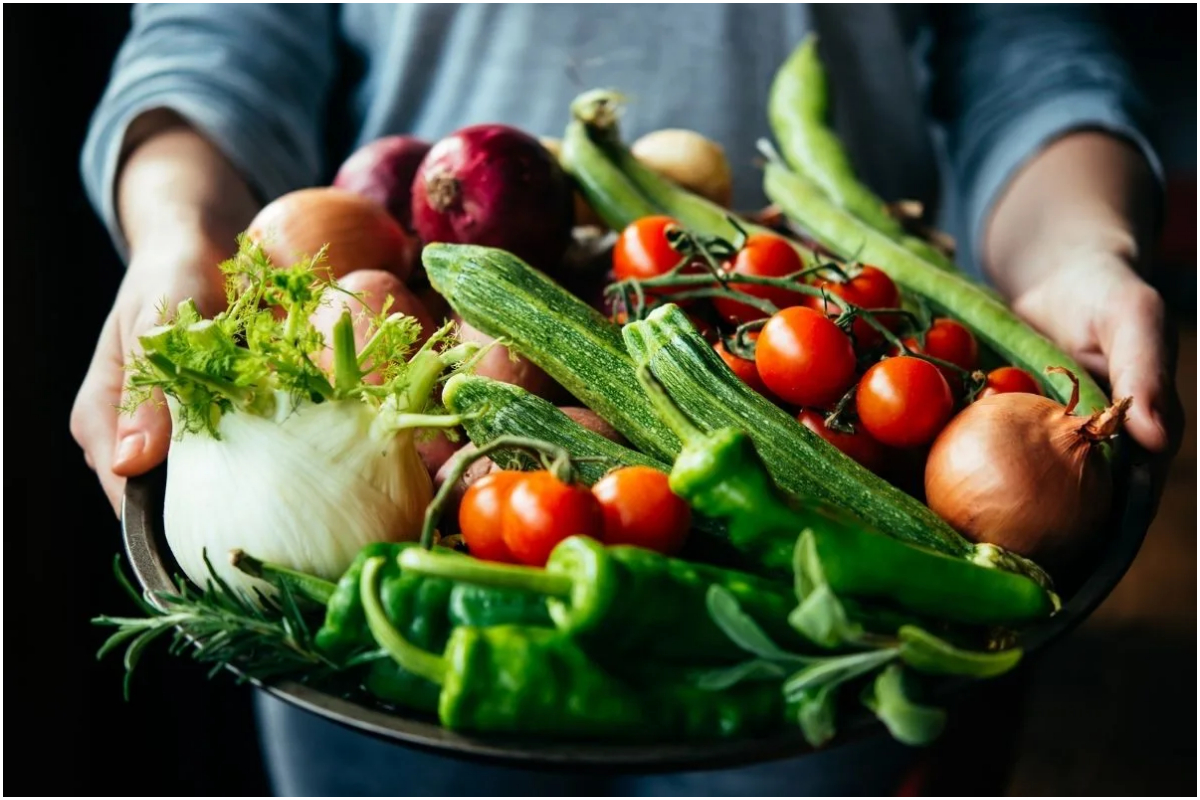Mental Health and Anxiety
The nation of millennials being exhausted to the point of burnout isn’t...

Cholesterol problems: Five seasonal vegetables that reduce cholesterol
Over several decades, our eating habits have changed dramatically. Our reliance on packaged goods has always increased as we spend less time at home and even less time in our kitchens due to our fast-paced lifestyle. Cookies, mayonnaise, and crackers all contain trans-fat, which raises bad cholesterol levels and raises our risk of heart attack and stroke. On the other hand, the amount of time we spend doing activities is decreasing, and although some of us make an effort to set aside time for morning workouts, the majority of our waking hours are spent sitting at a desk or couch. Our bad cholesterol levels are just one aspect of our health that is being affected by this.
One way to reduce cholesterol levels that are unhealthy is to change our diet. To ensure that fresh, seasonal, and warm foods can nourish your overall health and reduce your risk of several chronic diseases, one can plan their meals ahead rather than opting for “instant foods.”
Soluble fiber, according to research, aids in the reduction of LDL cholesterol. Plant-based food sources or vegetables are low in immersed fat and liberated from cholesterol; additionally, they contain a lot of soluble fiber, which can help lower cholesterol. The liver’s production of cholesterol can be reduced and cholesterol’s absorption can be slowed down by soluble fiber.
Remembering green verdant vegetables for your eating routine is an unquestionable necessity. Because it aids in the body’s elimination of bad cholesterol and is high in essential vitamins and minerals, spinach is an ideal seasonal vegetable. It really has the potential to be an excellent vegetable for lowering bad cholesterol when used in conjunction with an active lifestyle. It can be consumed raw or cooked. For this purpose, raw baby spinach salad is an excellent addition to your diet.
Because it is a high-fiber vegetable and a storehouse of vitamin C and calcium, broccoli contributes to healthy heart function. Because it has a lot of fiber, the bad cholesterol sticks to it and is removed from the body. Consume raw broccoli as well as cooked broccoli in your diet.
Carrots are very fibrous and a good source of beta-carotene, which prevents the body from oxidizing LDL. Additionally, it aids in blood purification and promotes excellent heart health.
Beetroots are excellent sources of both soluble and insoluble fiber. Additionally, it is an excellent source of nitrates, which aid in blood vessel widening and lower blood pressure. It aids in the body’s reduction of bad cholesterol.
Cabbage is a very fibrous vegetable that is packed with antioxidants and anti-inflammatory properties that can assist in heart disease prevention. It not only aids in the elimination of bad cholesterol but also regulates blood pressure, making it an excellent source of Vitamin C.
Catch all the Business News, Breaking News Event and Latest News Updates on The BOL News
Download The BOL News App to get the Daily News Update & Live News.